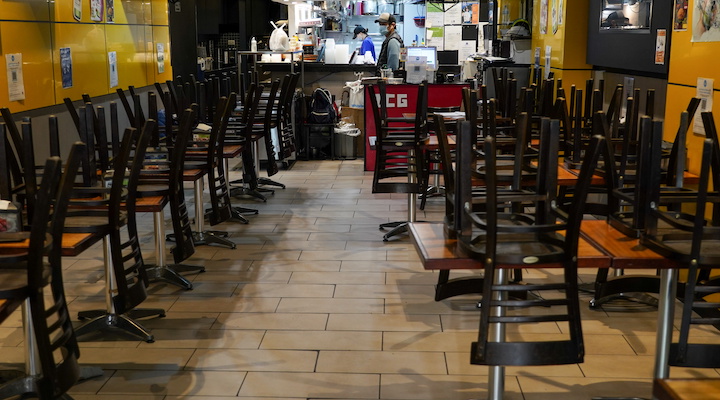Business owners were found to have been already struggling with staff issues in the second half of 2021, and the January 2022 Omicron spike exacerbated their staff shortage woes, according to new research by SME non-bank lender ScotPac.
ScotPac’s H2 2021 SME Growth Index reveals that eight in 10 Australian business owners are most worried by compliance, cashflow and finding enough time in the day to complete tasks. ScotPac senior executive Craig Michie said staff worries have been drastically exacerbated by the pandemic as the research noted a fourfold increase in staff issues since 2018.
“Staff issues was nominated as a key concern by almost half of business owners (49 per cent), compared to three years ago when significantly fewer (12 per cent) called it their top concern,” Michie said. “Anecdotally since 2022 began, eight in every 10 of the SMEs we fund are telling us they are struggling to keep existing staff on the job and to find new staff to ensure their businesses operate each day.
“Business owners have so much on their plates right now, and staff issues driven by Omicron are just one extra burden on top of their usual burdens,” Michie added. “We are trying harder than ever to respond quickly, be a flexible funding partner that understands their short-term needs and challenges, working with SMEs to help them through this latest hurdle so they can get back to growth once recovery is underway.”
The report also reveals the three stresses have by far the biggest impact – compliance (85 per cent), managing cashflow, (84 per cent) and having enough time in the day to get the job done (81.5 per cent). Other significant concerns for business owners are the impost of new taxation measures (44 per cent) and supply chain disruptions (27 per cent).
As the research was conducted before the Omicron variant took hold across Australia, Michie said a minority of SMEs, although a not insignificant minority, named closed borders and lockdowns (34 per cent) and pandemic recovery (27 per cent) as their biggest worry. Still, 42.5 per cent of SMEs did stress about sudden business model disruption. This is significantly up from the 26 per cent concerned about disruption in 2018.
Michie said that trusted advisors such as accountants, brokers and bookkeepers should be alert to these SME concerns and be assisting their small business clients with information or advice around ways to solve these issues.
“Whether it is restructuring the business, looking into mergers/acquisitions or finding new and smarter ways to fund the enterprise, there are many ways for SME owners and their advisors to alleviate the common pain points so many are enduring,” Michie concluded.















